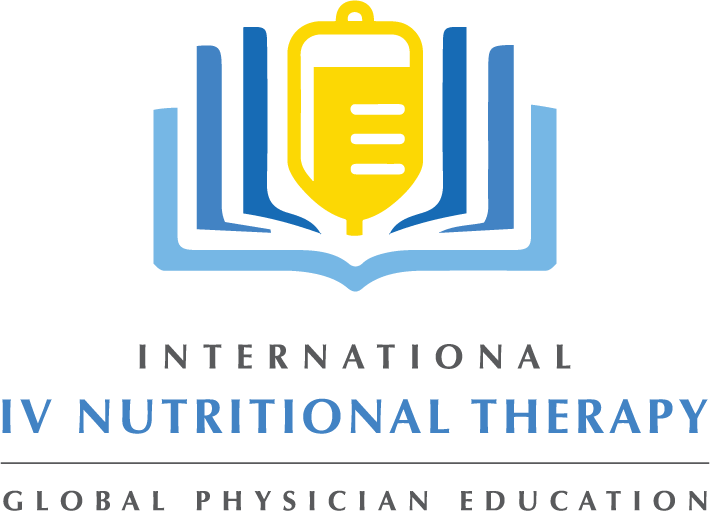
Amino acids are an essential building block for proteins in the body. Without them, a person is susceptible to myriad ailments and health problems. The body is unable to complete basic functions, including immunity and muscle development.
Ensuring you get the requisite amount every day is vital to overall health and wellness. It also can be vital to combatting diseases or improving athletic performance.
This article is a beginner’s guide to amino acids and the roles they play in promoting health. It will tell you about the different types of amino acids and their functions within the body.
This information also will lay out the different sources of amino acids and the best ways to consume them. Keep reading to find out how amino acids can improve your health or address specific goals for your patients.
What are Amino Acids?
Amino acids are compounds that play a major role in many different bodily functions. They are the building blocks of proteins, which are important to body tissue maintenance and repair. They also play a key role in the regulation of hormones and neurotransmitters.
There are 20 common amino acids that can be categorized into three types: essential, nonessential, and conditionally essential. This categorization does not relate to the importance of a particular amino acid, but rather its source and the circumstances under which your body needs them.
Nonessential amino acids are synthesized by the body. So, you do not have to get them from an outside source. Conditionally essential and essential amino acids (EAAs) can only be gotten from food sources or through supplements.
What are Conditionally Essential Amino Acids?
Conditionally essential amino acids (EAAs) are amino acids that your body needs during times of illness or stress. These include:
- arginine
- cysteine
- glutamine
- glycine
- proline
- serine
- tyrosine
You can get essential and conditionally essential amino acids from various food sources or as a supplement. It is important to do so depending on the issues you are trying to address or general health improvements you are attempting to make.
What Are the EAAs?
Essential amino acids are amino acids that your body does not produce but that it needs to carry out everyday functions. There are nine EAAs. They are:
- Histidine
- Isoleucine
- Leucine
- Lysine
- Methionine
- Phenylalanine
- Threonine
- Tryptophan
- Valine
These each play distinct but vital roles in maintaining the body’s health. They include the production of other proteins and enzymes.
EAAs each have a different impact on anabolic muscle growth and tissue repair. They also contribute to regulating blood sugar and the absorption of minerals. They also play an important part in your body’s immune response.
That is why essential amino acids can improve athletic performance and overall health. They can impact healing, sleep, and sexual function as well.
Symptoms of Inadequate EAA Intake
Conversely, not getting the requisite amount and variety of EAAs will have negative effects on the human body. Since each amino acid plays a distinct role in promoting health, symptoms will vary depending on the amino acids that are missing.
For instance, inadequate levels of histidine, which your body converts to histamine, can lead to compromised immunity and the inability to stave off infections. It can also lead to metabolic problems and weight gain. Lower histidine levels also have been linked to anemia and arthritis.
Many people experience a diminishment in energy levels or lowered mental sharpness. Lysine deficiency can lead to depression, anxiety, and other serious mental health conditions.
Deficiencies in threonine or methionine, which aid in the absorption of minerals, can lead to unhealthy hair, skin, or nails. Valine and isoleucine deficits can inhibit muscle coordination and mental focus and have been linked to insomnia. This also can lead to lower energy levels and the inability to heal.
Isoleucine deficiencies also impact the body’s ability to heal and regular blood pressure. Theamino acids also contribute to regular energy levels. Lower leucine levels have been linked to hair loss and skin rashes, as well as problems with wound healing and hormone imbalances.
Phenylalanine is an EAA that allows the body to use other amino acids, proteins, and enzymes. Deficiencies can cause fatigue and some skin conditions. It can also impact brain function, leading to memory loss.
Your body turns this amino acid into the neurotransmitters tyrosine, dopamine, epinephrine, and norepinephrine. It plays an integral role in the structure and function of proteins and enzymes and the production of other amino acids.
Tryptophan is especially important in childhood development. It helps regular sleep, appetite, mood, and pain. Deficits can affect these functions and have been linked to dementia later in life.
Food Sources of EAA
Just like the diversity of symptoms caused by distinct EAA deficiencies, each amino acid can be found in different food sources. The good news is that there are some major categories that contain the full spectrum of amino acids.
Foods that contain all nine EAAs include beef, poultry, fish, eggs, and dairy. This includes various cheeses, such as cottage cheese.
Non-animal sources include soy, quinoa, and buckwheat products. Again, there are varying levels of every amino acid in each source. Also, certain mushrooms contain all nine EAAs.
There also are foods that contain some but not all nine EAAs. These induce many nuts, seeds, legumes, and various grains. These can be vital to a vegetarian or vegan diet, where it is difficult to access all nine EAAs from limited sources.
Learn More About EAA and Their Sources
Now that you understand the importance of amino acids, you can incorporate them to benefit you and your patients. While you can get most EAA from food sources, supplements are a great way to attack deficiencies head-on. They can be a vital tool for someone fighting disease or wanting to improve their overall health.
At International IV Nutritional Therapy, we provide educational seminars across the globe for medical professionals on the advantages of IV nutritional therapy, including in-depth discussion on amino acids.
Our mission is to teach safe and effective administration of intravenous micro-nutrients and pharmaceuticals according to the current standards of medical care.
Make sure to contact us today to learn more about our seminars, upcoming events, and online courses.


 Fundamentals and Clinical Application of IV Nutrient Therapy
Fundamentals and Clinical Application of IV Nutrient Therapy